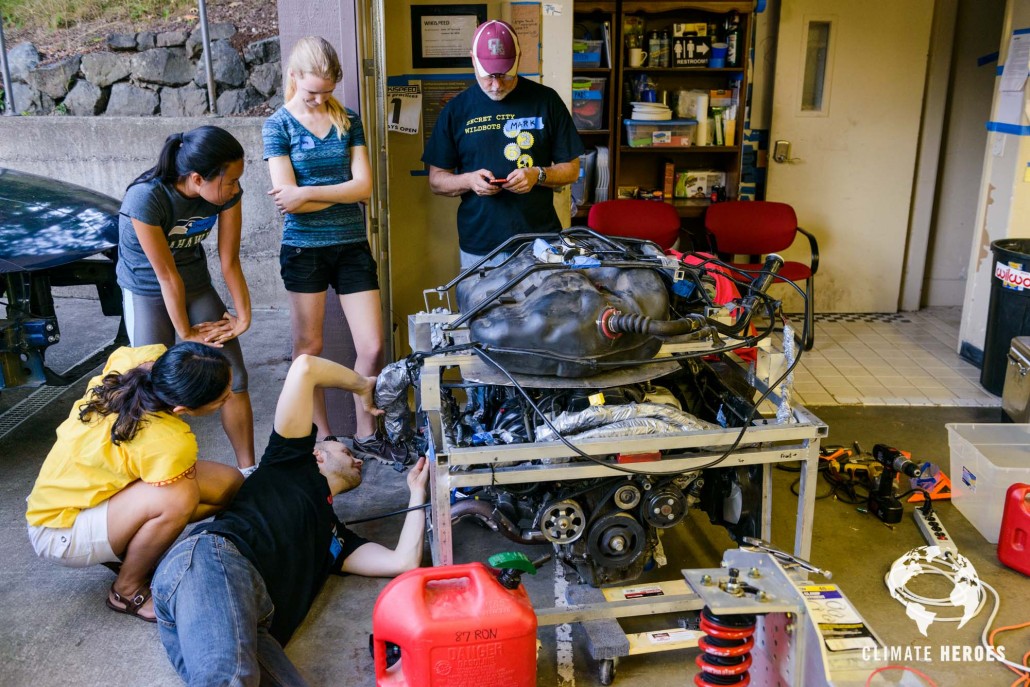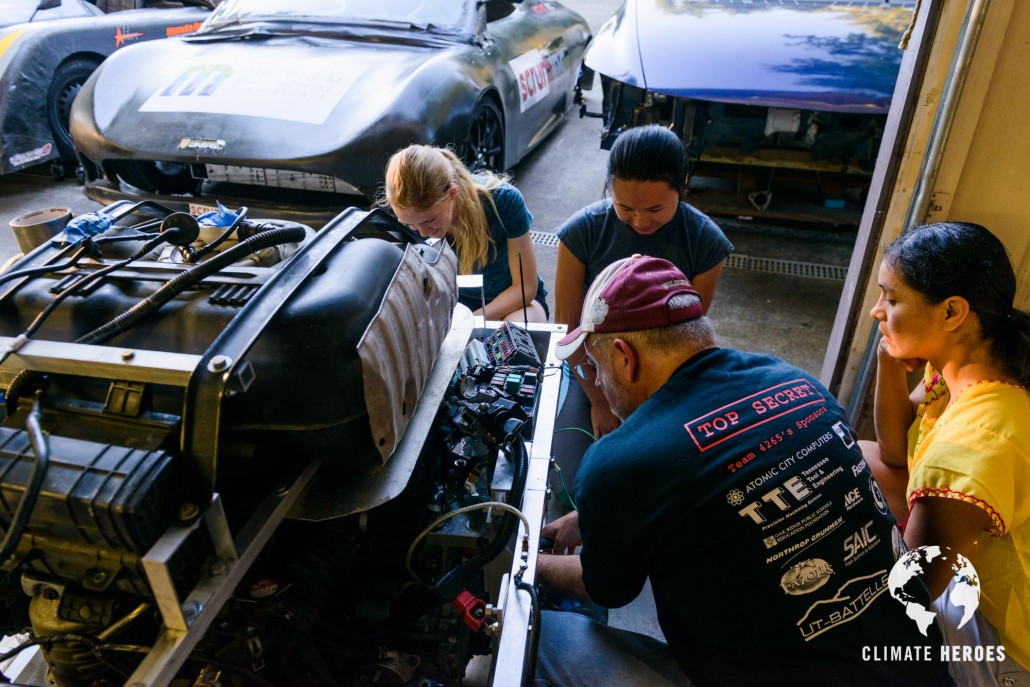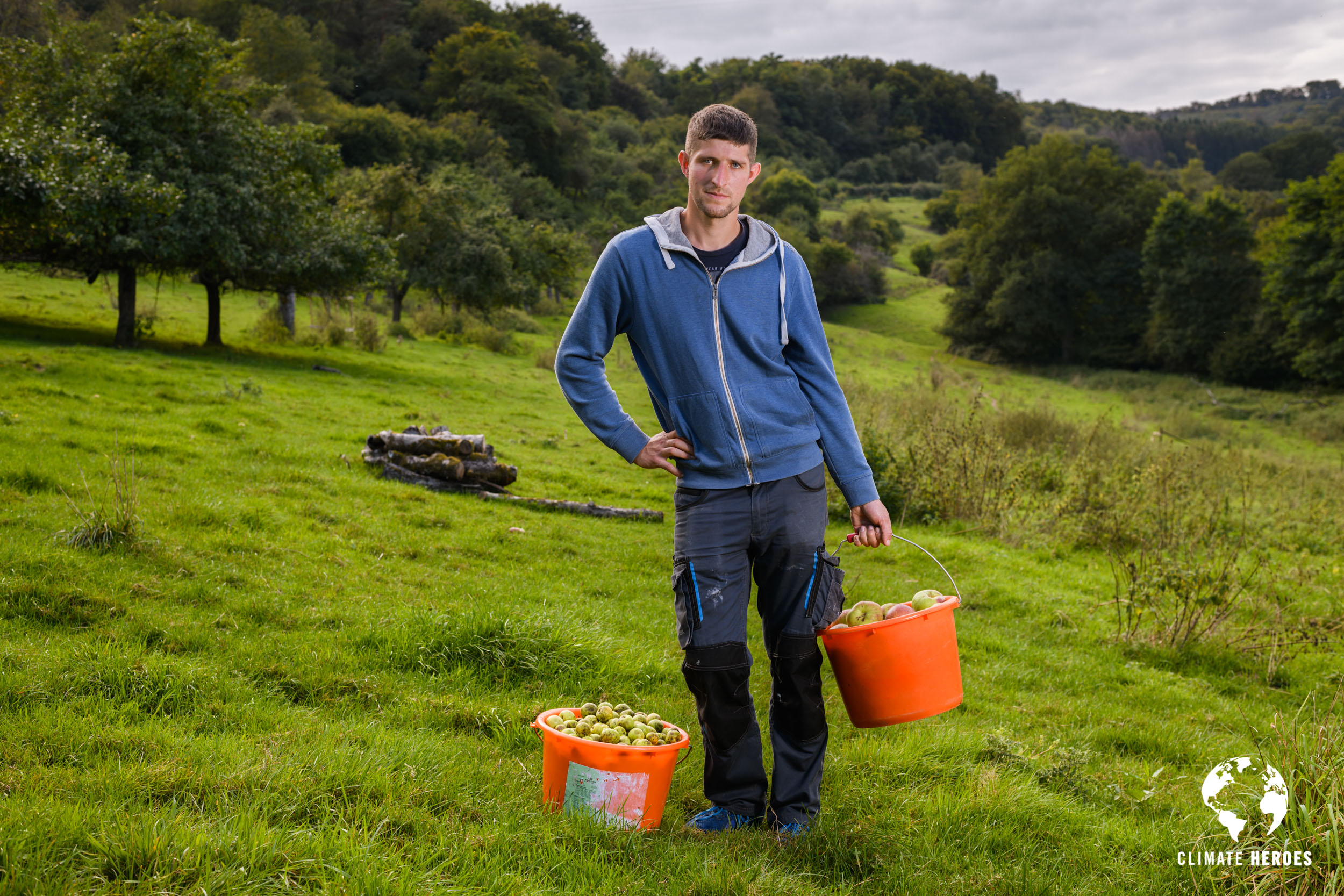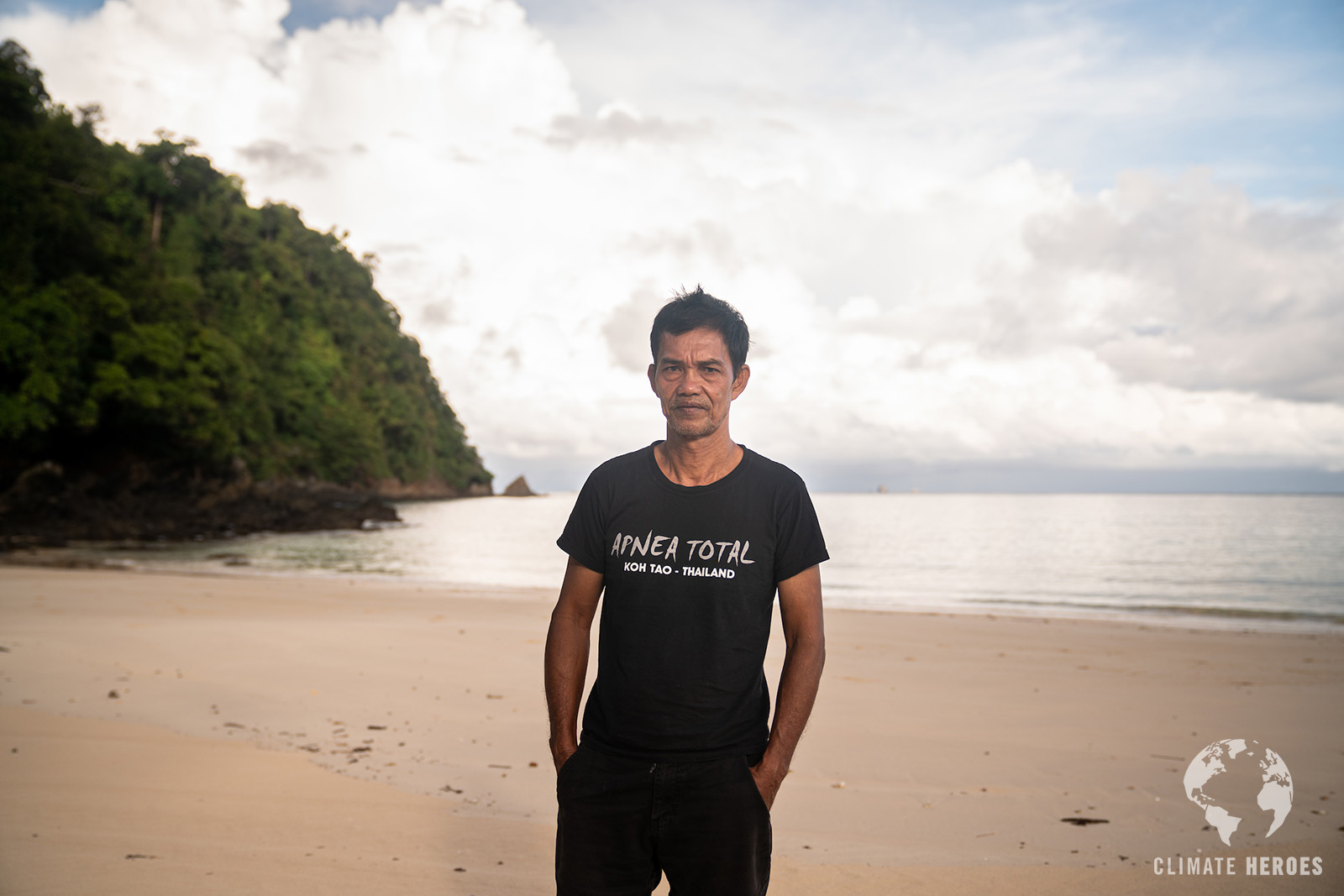Joe Justice: Ultra-efficient open-source cars built in your garage
This business process consultant applies the methods he preaches to multinationals to build road-legal ultra efficient vehicles achieving 100 miles per gallon, in open-source.
His name, Joe Justice, is reminiscent of a caped crusader. His mission: “to cool down the planet.” On the walls of his garage, in the suburbs of Seattle, you won’t find any pictures of pin-ups or cars. Instead, one may read fragments of his modus operandi pinned to the walls: “Welcome changes positively even late in a project,” “Simplicity – and minimizing unnecessary work – is key,” “Carry out your projects with committed people. Provide the environment and the support they need and trust them to achieve the goals.” And Post-it notes, loads of Post-it notes.
“I was driving a sport cabriolet on the magnificent road between Hana and Hawaii during my honeymoon in 2008, when I realized that if everybody on the planet indulged in the same activity, the pollution levels would become unbearable,” remembers Joe Justice. Soon after, the X-Prize foundation announced a competition that would reward the creation of a road-legal vehicle with a fuel efficiency of 100 miles per gallon.
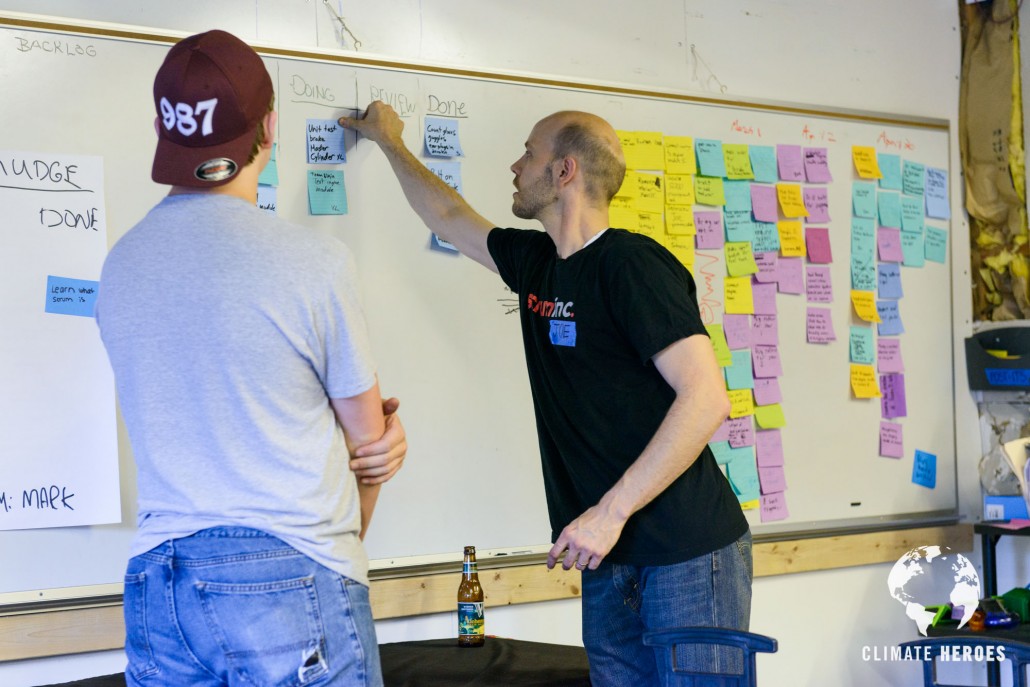
In order to keep everyone organized, Joe Justice, a business process consultant for multinationals such as Boeing, Google and Microsoft, applies the technique he preaches: the « SCRUM » methods (a reference to the rugby pack). It’s also known as the “art of doing double the work in half the time.” With an ever-evolving team of volunteers, he has continued building more energy-friendly, open-source cars. Invited to participate in “building parties” twice a week, they don’t have to follow lengthy trainings nor do much paperwork.. After signing a liability release, they choose one of the tasks written on the Post-its, ranked by order of priority, and get to work. All can be completed in less than a week, and resourcefulness is the key word.
During their time in the Wikispeed garage, Mark Buckney and his 17year-old son, the president of his high school’s robotics club, attempted to put together a lighter car suspension. Meanwhile, Abby Connor and Cherlyn Chan, Physics Engineering majors, tried to start a modified engine. Innovation in three areas – the vehicle weight, currently about 700 kg, its aerodynamics, and the car efficiency – reduces gas consumption. When Wikispeed improves an item, the result is shared online for free, according to the open-source model.

